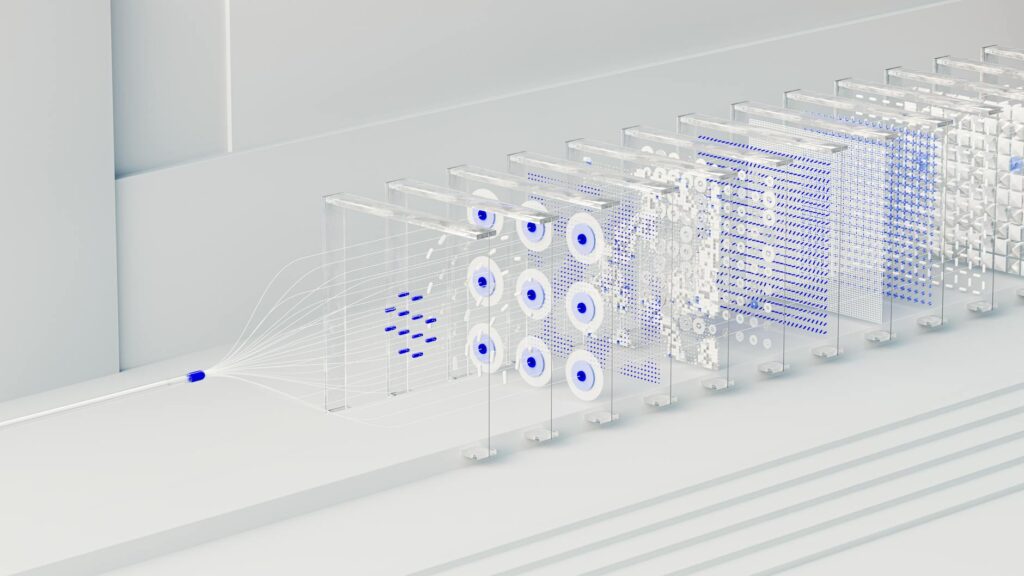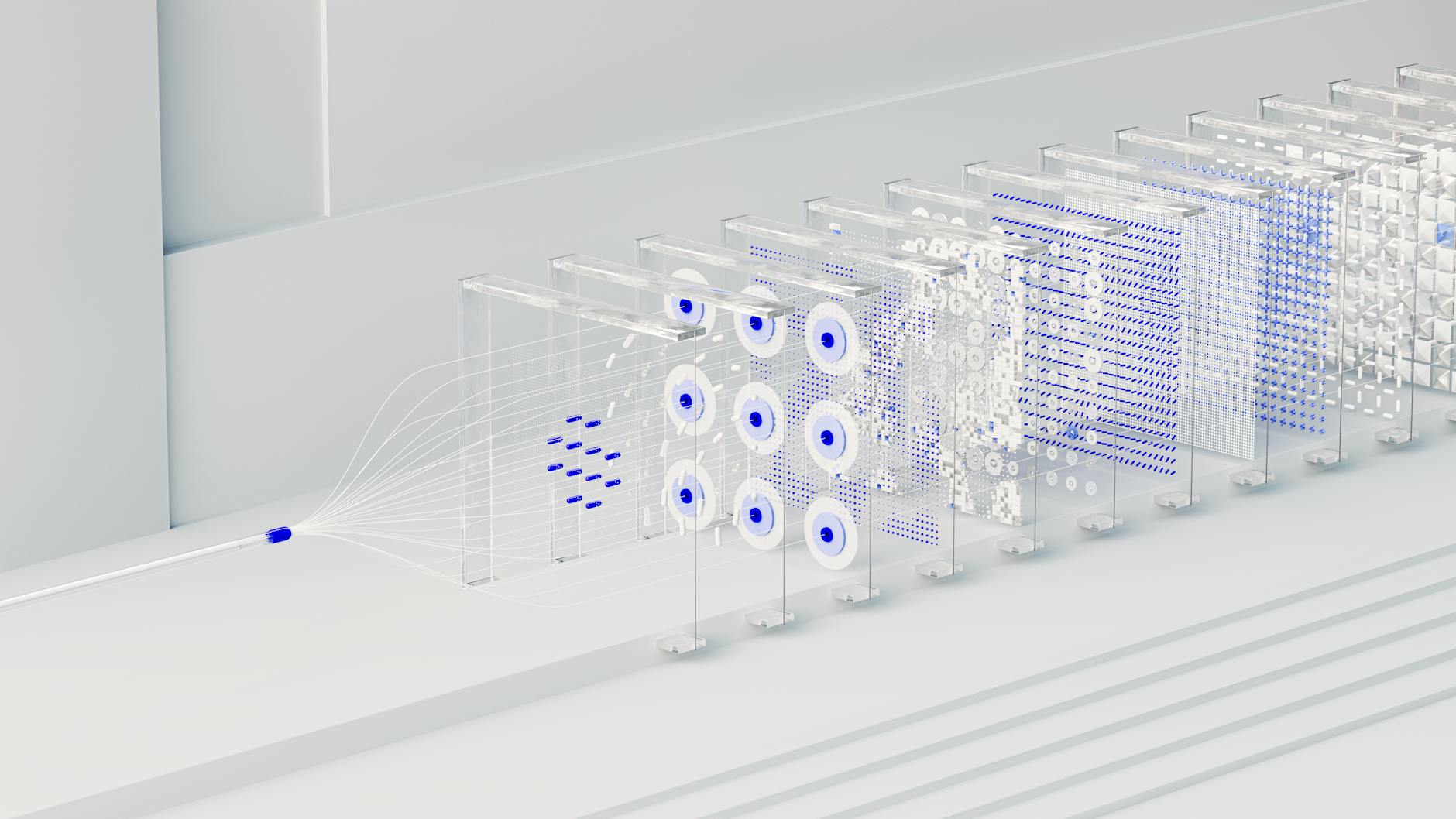What is conceptual learning frameworks?

What is Conceptual Learning Frameworks?
In today’s fast-paced world, understanding how we learn is crucial. Conceptual learning frameworks provide a structured approach to enhancing our grasp of new information across various contexts. These frameworks move beyond mere memorization, focusing instead on a deeper comprehension that promotes retention and application. But what exactly do these frameworks entail, and how can they benefit you? Let’s explore the ins and outs of conceptual learning frameworks and see how they can transform your learning experience.
Understanding Conceptual Learning Frameworks
At its core, a conceptual learning framework is a systematic way to organize and relate knowledge. These frameworks guide learners in understanding complex concepts rather than just recalling facts. They serve as blueprints for educators and learners alike, shaping how we approach teaching and knowledge acquisition.
Definition and Characteristics
Conceptual learning frameworks emphasize grasping underlying principles instead of rote memorization. They aim to create connections between new information and what learners already know, fostering a more comprehensive understanding of subjects. Key characteristics include:
- Focus on Understanding: Rather than memorizing information, these frameworks encourage learners to understand the “why” and “how” behind concepts.
- Integration of Knowledge: They help in linking new knowledge to existing frameworks in a learner’s mind, creating a cohesive understanding.
- Encouragement of Critical Thinking: By promoting inquiry and exploration, these frameworks challenge learners to think critically and creatively about the material.
Importance in Learning
So why are these frameworks essential? They play a pivotal role in developing critical thinking and problem-solving skills. Rather than passively receiving information, learners become active participants in their educational journey. This active engagement leads to a more profound understanding and a better ability to apply knowledge in real-world situations. For further insights into effective learning strategies, check out resources like Teaching and Learning Frameworks.
Types of Conceptual Learning Frameworks
Conceptual learning frameworks come in various forms, each with unique approaches. Here are a few notable examples:
Constructivist Learning Theory
Constructivism is a foundational theory for many conceptual learning frameworks. It posits that learners construct knowledge through experiences and interactions. This approach encourages active engagement and collaboration, making learning a social process.
- Active Learning: In a constructivist setting, learners explore and discover information rather than receiving it passively.
- Collaborative Environments: Group projects and discussions foster teamwork and collective problem-solving.
Cognitive Apprenticeship Model
The cognitive apprenticeship model emphasizes learning through guided experiences. It focuses on contextual learning where mentors or educators support learners as they tackle real-life problems.
- Mentorship: Learners gain insights from more experienced individuals, which enhances understanding.
- Real-World Application: This model allows learners to apply concepts in practical scenarios, reinforcing their knowledge.
Concept Maps and Graphic Organizers
Visual tools like concept maps and graphic organizers serve as powerful aids in conceptual learning frameworks. They help learners visualize relationships between concepts, making abstract information more tangible.
- Visual Representation: By mapping out ideas, learners can see connections that may not be immediately obvious.
- Organized Thinking: These tools promote systematic thinking, enabling better retention and recall of information.

Photo by Google DeepMind
Implementing Conceptual Learning Frameworks
To reap the benefits of conceptual learning frameworks, it’s essential to implement them effectively. Here are strategies to integrate these frameworks in educational settings and personal study habits.
Creating Effective Learning Environments
The first step is to establish a learning environment that encourages exploration and collaboration. This can be achieved by:
- Fostering Open Communication: Encourage questions and discussions among peers to promote sharing of ideas.
- Providing Resources: Offer access to diverse materials and tools that support various learning styles.
Assessment and Feedback Mechanisms
Assessing understanding within conceptual learning frameworks is crucial. By employing formative assessments and continuous feedback, educators can gauge learners’ progress and adjust their teaching methods accordingly.
- Regular Check-ins: Conducting informal assessments allows educators to identify areas where students may struggle.
- Constructive Feedback: Providing timely and specific feedback helps learners refine their understanding and skills.
Benefits of Conceptual Learning Frameworks
The advantages of using conceptual learning frameworks extend far beyond the classroom. Here’s how they can enhance personal development and productivity:
Enhanced Understanding and Retention
One of the most significant benefits is that these frameworks lead to deeper understanding and better retention of information. By connecting new concepts to existing knowledge, learners are more likely to remember and apply what they’ve learned.
- Deeper Learning: The focus on interconnectedness ensures that learners grasp concepts, not just the facts.
- Long-Term Retention: This method aids in transforming short-term memory into long-term knowledge.
Application in Real-World Scenarios
Conceptual learning frameworks facilitate the application of learned concepts to real-life situations. This practical relevance makes learning meaningful and directly applicable.
- Problem-Solving Skills: Learners can transfer their understanding to tackle real-world challenges effectively.
- Adaptability: A strong conceptual foundation prepares individuals to adapt their knowledge to new circumstances.
Conclusion and Future Directions
In summary, conceptual learning frameworks are powerful tools that enhance the learning experience by fostering a deeper understanding of concepts. They provide a structured approach to education that emphasizes critical thinking and real-world application. As we continue to explore these frameworks, future research and practice can focus on developing innovative assessment methods and integrating technology to enhance learning further. By embracing conceptual learning frameworks, you can unlock a more fulfilling and effective approach to education that benefits both personal and professional growth.